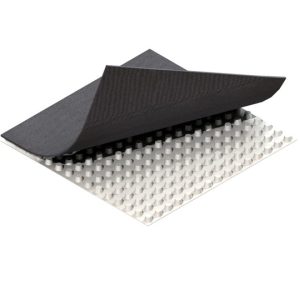Sanitary Pad Raw Material Composition and Properties
本身
html
Sanitary Pad Raw Material Composition and Properties
Sanitary pads are essential hygiene products used by millions of women worldwide. Understanding the raw materials used in their production is crucial for both manufacturers and consumers. This article explores the key components of sanitary pads and their properties.
Core Absorbent Materials
The absorbent core is the most important part of a sanitary pad. It typically consists of:
- Wood pulp – Provides bulk absorption and liquid retention
- Superabsorbent polymers (SAP) – Highly absorbent materials that can hold many times their weight in liquid
- Airlaid paper – Helps distribute liquid evenly throughout the pad
Top Sheet Materials
The top layer that comes in contact with the skin is usually made from:
- Non-woven fabric – Soft, breathable, and quick-drying
- Perforated film – Provides a dry surface feel
- Cotton cover – For premium products, offering superior softness
Back Sheet Materials
The waterproof backing is typically composed of:
- Polyethylene film – Provides leak protection
- Breathable microporous film – Allows vapor transmission while preventing liquid leakage
Adhesive Components
Sanitary pads include several adhesive elements:
- Pressure-sensitive adhesive – For attaching the pad to underwear
- Hot melt adhesive – Used in manufacturing to bond layers together
Additional Components
Some pads may also contain:
- Odor control agents – Such as baking soda or activated charcoal
- Fragrances – For scented varieties (though these may cause irritation for some users)
- Wing adhesives – For securing pad wings to underwear
Material Properties and Considerations
When selecting raw materials for sanitary pads, manufacturers consider:
- Absorbency rate and capacity
- Softness and comfort
- Breathability
- Hypoallergenic properties
- Environmental impact
- Cost-effectiveness
Keyword: sanitary pad raw material
Recent trends have seen increased demand for organic cotton, biodegradable materials, and chlorine-free processing in sanitary pad production.


